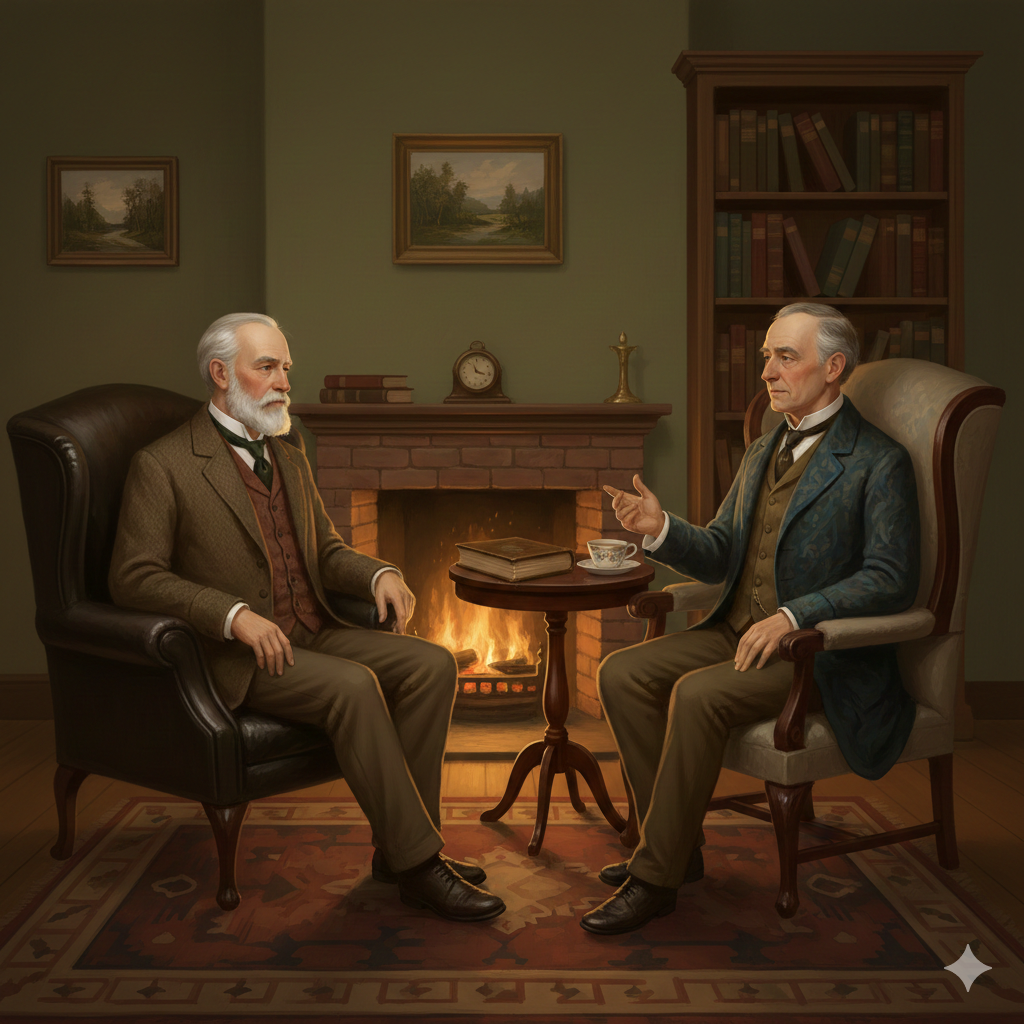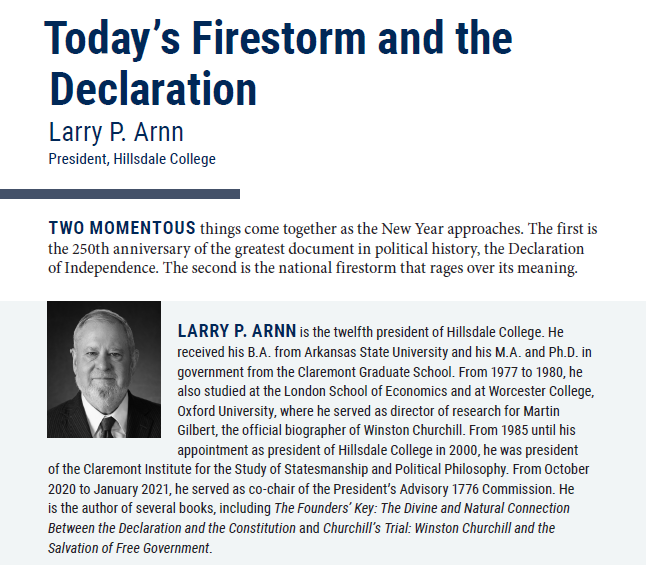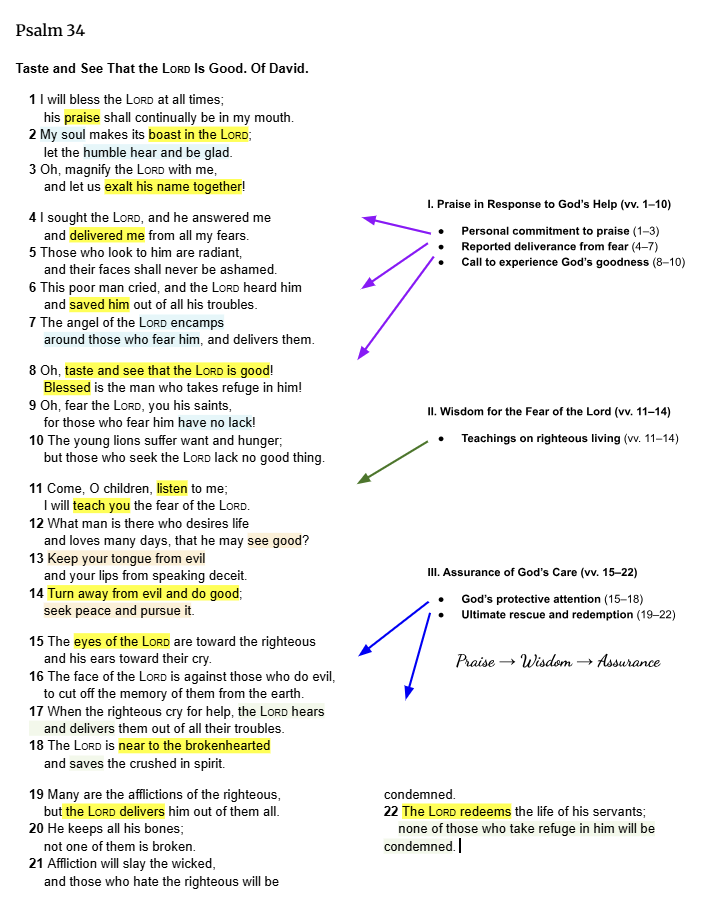Here’s a nice and thought-provoking story (essay, if you will) of two men having a discussion in front of a fireplace. One of the men is Ebeneezer Scrooge (yes, himself, of A Christmas Carol). See this page.
Jan 08
Walking by the Light of The Lantern and Keeping The Window Open
Today I made a new page with a couple metaphors for the Christian life.
Jan 04
The Truest Form of Intelligence
Quote: “The truest form of intelligence is designing the life that you want to live.” Design your life. (Found at: x.com.)
I want to live for God. ∴ I’m using my intelligence to design my life following God.
Therefore the following are improved wordings:
- “True wisdom is aligning every part of life—work, words, and choices—with devotion to God.”
- “The wisest life is not the one we design for ourselves, but the one we deliberately live for the Lord.”
- “True wisdom is living every part of life for the Lord.”
- “The wisest life is one intentionally lived before God.”
🗝️ Matt 6:33
🗝️ Col 3:17
🗝️ Col 3:23
Dec 24
Today’s Firestorm and the Declaration by Larry P. Arnn
This is an excellent piece by Larry P. Arnn, the President at Hillsdale College. Dr. Arnn is quite objective. It does start with “Trump,” but he, I think, remains quite objective. Starting with Trump is realistic. Right now, Trump, good or bad, is central to many of our issues.
I highly respect Dr. Arnn and the many things that Hillsdale College is doing. He, and they, are giving much — and is is for the Kingdom of God.
Follow this link to the article.
Dec 19
How to Draw Closer to God 2026
This was posted by Princess Ade (@cessadelove1) on Twitter/X. I like the ideas and thought it was worth sharing. Thank you Princess Ade.
1. Start your mornings with prayer. Invite God into every day.
2. Open your Bible before touching your phone.
3. Talk to God about what’s heavy on your heart.
4. Practice gratitude daily.
5. Stop stressing about what you can’t change.
6. Thank God for small blessings throughout the day.
7. Let go of the bitterness you’ve been holding onto.
8. Talk to God about everything.
9. Fast from what feeds your flesh more than your faith.
10. Spend more time in His Word, not just in your thoughts.
11. Stop giving time to things that pull you away from Him.
12. Spend time with people who push you closer to Jesus.
13. Don’t isolate; you need community to grow.
14. Be kind to yourself, grace is part of growth.
15. End the day in prayer: reflect, repent, and thank Him.
Dec 11
Psalm 34: A Sacred Invitation
Jani Ortlund wrote a wonderful Daily Devotional (Dec. 11, 2025, which I receive via email) for Crossway. In it she lifts up the wonderful message of Psalm 34. It inspired me to study it further and break it down.
Here is the Google doc I prepared.
Dec 10
Grew up in the 70’s and Rode a Bike without a Helmet
This video on X/Twitter describes the things kids who grew up in the 70 learned (and how they were psychologically enhanced).
Here are the main points:
- Self-Directed Problem Solving – 70s kids learned to create their own purpose and entertainment, strengthening creativity and executive function.
- Adaptive Risk Calibration – Regular exposure to physical risk trained better danger assessment and reduced adult anxiety.
- Comfort with Solitude – Time alone without screens built emotional stability and tolerance for boredom.
- Analog Patience – Waiting for shows, photos, phone calls, and results built impulse control and delayed gratification.
- Unsupervised Autonomy – Freedom to roam without tracking developed internal motivation, judgment, and responsibility.
- Lasting Adult Traits – Calm in crisis, independence, discipline, comfort with silence, and critical thinking.
- Cultural Contrast – These traits are framed as increasingly rare in the digital, highly supervised modern childhood.
- Overall Claim – 1970s childhood formed psychologically resilient adults during a unique historical “window.”
Here is a narrative synopsis:
The passage argues that children who grew up in the 1970s developed rare psychological strengths due to an unusual mix of freedom, responsibility, and unsupervised play. With little structured scheduling, kids learned self-directed problem solving, creativity, and independence by inventing their own activities. Regular exposure to physical risk—without constant adult intervention—trained their brains to assess real danger, resulting in lower adult anxiety and stronger crisis management.
Pre-digital solitude also shaped emotional resilience. Without constant stimulation, 70s kids learned to tolerate boredom and became comfortable being alone with their thoughts. Their analog world required patience: waiting for weekly TV shows, developed photos, and phone calls trained impulse control and delayed gratification. Finally, broad freedom of movement built internal motivation and decision-making skills.
The author concludes that these traits—independence, calmness, patience, depth, and competence—are fading in modern culture. Rather than being outdated, 70s kids are portrayed as carrying forward psychological strengths shaped by a uniquely formative era of childhood.
Dec 06
The Promises of the OT, to the Hebrews, Do Apply to Us Believers
I was looking at Isaiah 43:1–2. These are wonderful words of loving promise. However, they are addressed to Jacob (and, by implication, the nation of Israel). My question was, does this apply to me as a 21st Century believer?
Quick note: The phrase “Thus saith the Lord” appears in the King James OT over 400 times (most frequently in the prophets). This is present tense, meaning God is speaking to us and continues to do so.
The answer to my questions is yes, with a a noteworthy distinction*.
Theologians’ View
Looking at how theologians have address this, they agree on these points:
1. Original meaning
Isaiah 43:1–2 was spoken to Israel in the 6th century BC.
2. Covenant continuity
The people of God in the Old Testament (Israel) and the people of God in the New Testament (the Church) share the same redeeming God and covenant promises.
3. Christ-centered fulfillment
Because believers are in Christ, they inherit the promises given to God’s people.
4. Legitimate application (*including the distinction)
Therefore, Isaiah 43:1–2 does apply to 21st-century believers—but *not as a national or political promise; rather, as a spiritual, covenantal promise of God’s love and protection.
To Summarize
Isaiah 43:1–2 legitimately applies to Christians today because:
- God’s covenant love is unchanged.
- Believers are redeemed in Christ just as Israel was redeemed from Egypt.
- God promises His presence in trials to all His people.
- The New Testament identifies the Church as the “Israel of God” (Gal. 6:16). The NT teaches that believers are grafted into the promises given to Abraham (Romans 11:17-24).
I’m Thankful
I’m thankful that God has made a covenant with me. I’m grateful for all the aspects and blessings of the covenant that benefit me.
My prayer is that I would be a faithful member of the blessed covenant and walk in His Way.
Nov 24
Theocracy, Theology, Theonomy, and all that
Various terms using “theo,” including the etymology.
Prefix “Theo-” = God (from Greek theos)
1. Theocracy
Meaning: Rule or government under God’s authority.
Other Part: -cracy = rule, power (kratos).
2. Theodicy
Meaning: Defense of God’s goodness amidst the existence of evil and suffering.
Other Part: -dicy from dikē = justice → “the justice of God.”
3. Theology
Meaning: The study of God—His nature, works, will, and revelation.
Other Part: -logy = word, reason, study (logos).
4. Theophany
Meaning: A visible or tangible appearance of God to humans.
Other Part: -phany from phainein = to appear, to show.
5. Theonomy (theonomous)
Meaning: God’s law as the supreme standard for ethics and society.
Other Part: -nomy from nomos = law.
6. Theophilus
Meaning: “Loved by God” or “lover of God.”
Other Part: -philus from philos = love, friend.
7. Theosis
Meaning: Growing into the likeness of God; participation in God’s life (similar to sanctification).
Other Part: -osis = process or condition of becoming.
8. Theocrat
Meaning: A ruler who claims divine authority or advocates God-rule.
Other Part: -crat = ruler (kratos).
9. Theurgy
Meaning: Ritual actions intended to invoke divine presence or activity (historical term).
Other Part: -urgy from ergon = work → “divine work.”
10. Theosophy
Meaning: Mystical/occult philosophy claiming insight into divine realities (not Christian orthodoxy).
Other Part: -sophy from sophia = wisdom.
11. Theocentric
Meaning: God-centered in outlook, ethics, and life.
Other Part: -centric from kentron = center.
Nov 14
Art (paintings) by Leonid Afremov
Leonid Afremov developed a wonderful painting style using a palette knife and oil paint. Demonstrating an excellent use of (often bright) colors, he has a huge range of themes from rainy city streets to serene landscapes to actual locations and recognizable cathedrals. He passed away in 2019.
On Twitter it was posted: “Artist Leonid Afremov passed away on August 19, 2019. Now the Afremov family is liquidating the remaining oil painting collection. Prices start at $129. Free fast shipping.”
Website is: https://afremov.com/












